
The immigration process can be tricky at best, and stressful and complex at its worst. If you’re looking to navigate the process smoothly and efficiently, you’ll need the assistance of a professional who can serve as your guide every step of the way. And that’s where Immigration Matters can help as a legal representative. With years of experience, we assisting clients with rejected cases, including all types of immigration appeals, as much as dealing with highly complex citizenship matters.
CITIZENSHIP APPLICATION
Canadian citizenship is obtained automatically by being born in Canada, or by descent where a parent is a first-generation Canadian citizen. In the case of permanent residents, citizenship may be applied for after living in Canada for a specified residency period and when you meet certain requirements.
Citizenship application requirements:
- At least 18 years old
- Have permanent resident Status
- Have resided in Canada for at least 4 years in the last 6 years
- Have sufficient knowledge of French or English (only for people between 18 and 64 years old)
- Have a clean criminal record
- Pass a test of knowledge about Canada.
You are not eligible for Canadian citizenship if you:
- Are under a removal order
- Have a criminal record or are facing changes in Canada
- Been refused Canada citizenship as a result of misrepresentation
- Had your Canadian citizenship revoked
CITIZENSHIP REFUSAL
If your application for Canadian Citizenship is refused, this decision may be appealed to the Federal Court of Canada within 30 days. The court will review the citizenship official’s decision in light of the evidence on file and will decide if the decision was made legally, i.e., was it reasonable, fair, within jurisdiction, and otherwise in accordance with the law. If the court finds that the decision was made in legal error, then it will send the case back to the citizenship authorities with an order for them to re-decide it in accordance with the law.
This timeline is very important. To succeed your application, Immigration Matters Inc. gives assistance in preparing citizenship appeals and evaluates your chances of becoming a Canadian citizen as a legal representative.
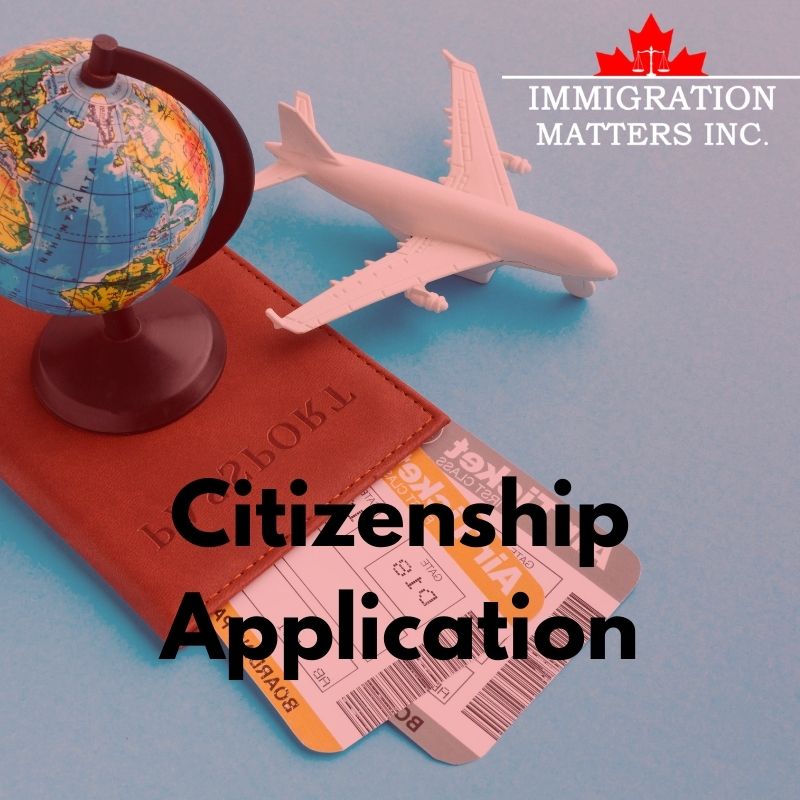
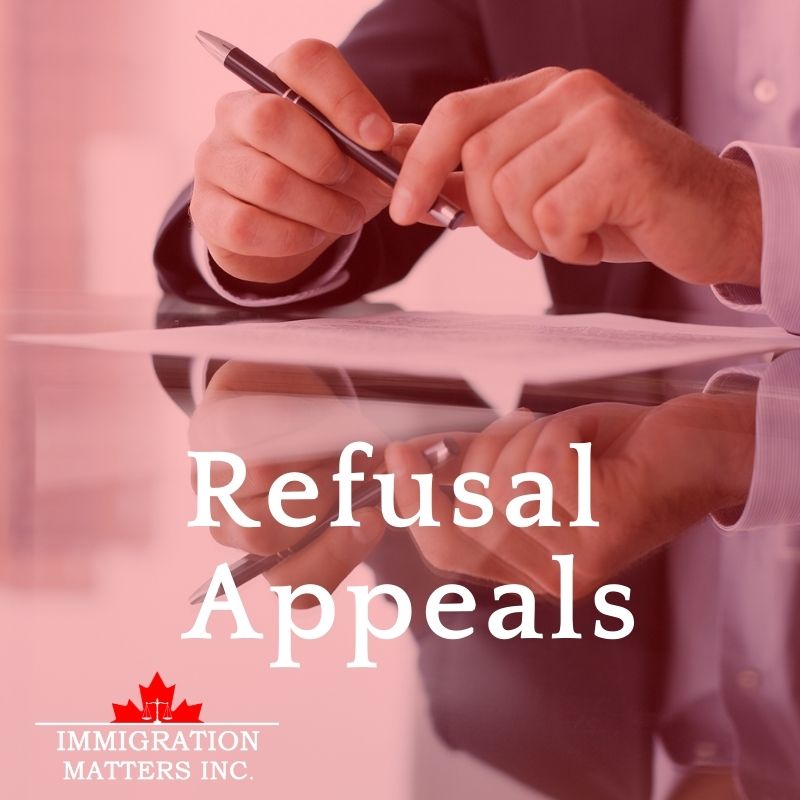
Any type of refusal by the immigration authorities may be appealed in court in Canada. These appeals will be made either to the Federal Court of Canada, or in certain types of cases, the Immigration Appeal Division (IAD) or to the Refugee Appeal Division (RAD).
Refugee Appeal Division (RAD)
The Refugee Appeal Division (RAD) decides appeals of decisions made by the Refugee Protection Division (RPD) to allow or reject claims for refugee protection. In most cases, the RAD will proceed without a hearing, on the basis of the documents provided by the parties and the RPD record.
- Claimants have a chance to prove that the Refugee Protection Division decision was wrong in fact or law or both, and
- Let’s new evidence be introduced that was not reasonably available at the time of the Refugee Protection Division process.
- The appeal is paper-based, with oral hearings in exceptional cases.
- Decisions on most appeals are expected within 90 days unless an oral hearing is required.
Immigration Appeal Division (IAD)
The Immigration Appeal Division (IAD) of the Immigration and Refugee Board (IRD) hears appeals on immigration-related matters, including sponsorships, removal orders and residency obligations.
- Sponsorship’s Appeals: If Citizenship and Immigration Canada (CIC) has refused the application of a Canadian citizen or a permanent resident to sponsor the immigration of a close family member to Canada, the sponsor may appeal to the IAD within 30 days. If approved, your case will continue at CIC for processing. If you are subject to a secondary refusal, you may begin the appeal process again.
- Removal Order Appeals: A permanent resident of Canada, a refugee, or a foreign national with a permanent resident visa who has been ordered removed from Canada, may also appeal to the IAD within 30 days. If approved, you may remain in Canada. Otherwise you will have to leave the country. When the appeal is stayed: removal order will be suspended and appellant may stay in Canada under conditions until the stay is reviewed and the appeal reconsidered.
- Residency Obligation Appeals: The law requires permanent residents to be physically present in Canada for at least 730 days out of every five years. If a permanent resident is outside Canada and a visa officer with Citizenship and Immigration Canada (CIC) finds that he or she has not met this residency obligation, the person may lose permanent resident status. The permanent resident may appeal the CIC decision.
During the stage of the process, you must demonstrate to the IAD that an error was made or that the decision was in some way unfair or unreasonable. Persons who appeal to the IAD must attend to a hearing. Appellants will be permitted to present new evidence in support of their case and be represented by a counsel/ Legal representative.
Counsel / Legal Representative
Immigration representatives are people who offer immigration advice or assistance to visa applicants. Applicants may choose to consult an immigration representative (Immigration Consultants, Immigration lawyers, Quebec Notaries) to act on their behalf with Citizenship and Immigration Canada (CIC), the Immigration and Refugee Board or the Canada Border Services Agency. Immigration Matters Inc. is legally certified to advise and represent you to process before Immigration Canada. If you need to appeal a decision of the immigration authorities contact us today.
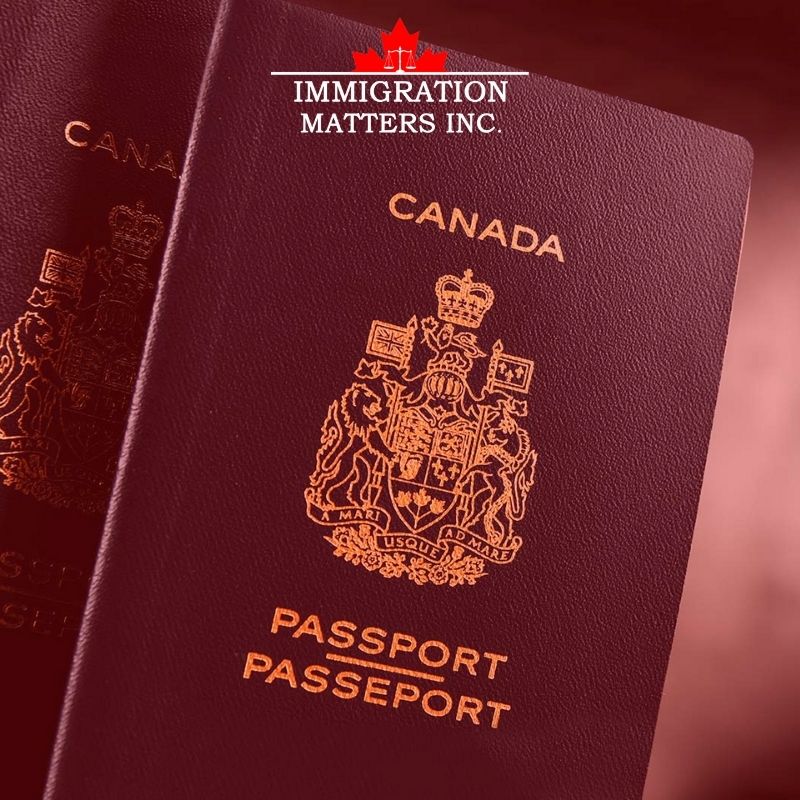
If you have been the subject of a removal order from Canada you will probably need an Authorization to Return to Canada (ARC) if you want to return. Whether you need one depends on the type of removal order that was issued.
Look at the document you received from Citizenship and Immigration Canada or the Canada Border Services Agency before you left Canada. The form number will tell you the type of removal order. There are three types of removal orders.
- Departure Order
- Exclusion Order
- Deportation Order
When an officer assesses your application, they will consider, among other things:
- the reasons for the removal order
- the possibility that you will repeat the behavior that caused the order to be issued
- the length of time since the order was issued
- your current situation
- The reason why you want to enter Canada.
If you were deported because of criminal inadmissibility, you will need to apply for criminal rehabilitation first. You may also need a Temporary Resident Permit to be allowed into Canada. So in addition to the ARC you may also require other documents to enter Canada.
Be mindful that an incomplete or illegible application will be returned without being processed.
Please Contact us today to see how we can help you!

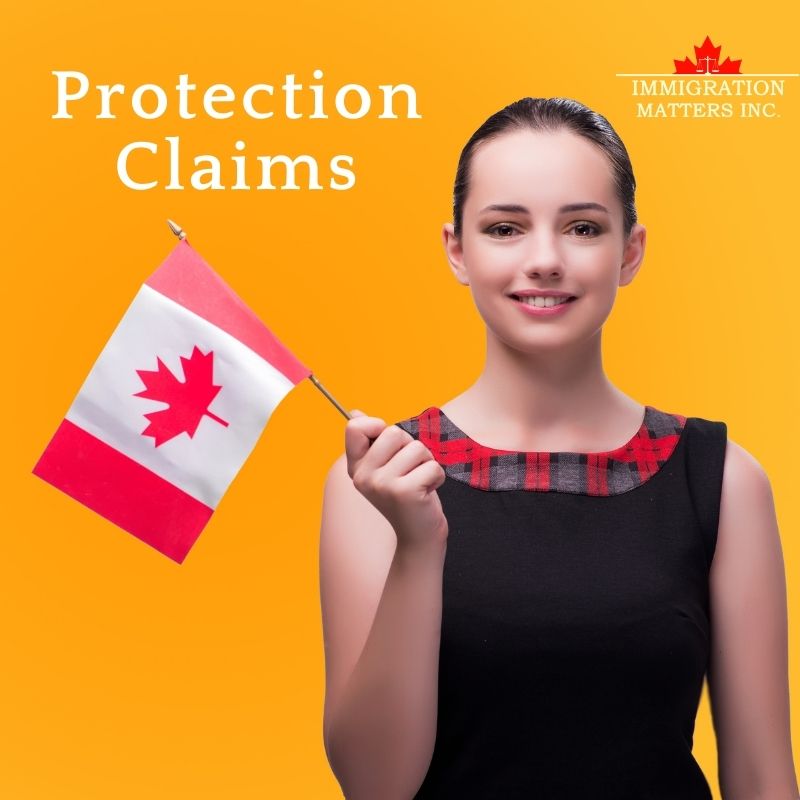
Canada offers refugee protection to people in Canada who fear persecution and who are unwilling or unable to return to their home country. All eligible claim for protection made in Canada are referred to the Refugee Protection Division (RPD) of the Immigration & Refugee Board (IRB).
A Canada immigration official initially decides if a refugee claim is eligible and if it will be referred to the IRB. If the claim is made at a border crossing, a quick decision can be expected as to eligibility. It takes considerably longer for a decision with respect to eligibility if the refugee claim is first made at an immigration office inside Canada.
The IRB decides who is a Convention refugee or a person in need of protection.
- Convention refugees are outside their home country or the country they normally live in. They are not able to return because of a well-founded fear of persecution based on: Race / Religion / Political opinion? Nationality, or membership in a social group.
- A person in need of protection is a person in Canada who cannot return to their home country safely. This is because if they return, they would be subject to a: Danger or torture / risk to their life, or risk of cruel and unusual treatment or punishment.
Refugee Application Process:
- Claimant is required to first complete a Personal Information Form (PIF) and submit it to the IRB.
- About 12 months later the claimant attends a hearing before a member of the IRB
- The IRB determines whether the claimant is a genuine refugee and deserving of protection in Canada.
- If the IRB determines that the claimant is a genuine refugee, the claimant becomes a protected person and can apply for Canadian permanent residence inside Canada.
- If the Refugee status decision is refuse, an application for judicial review can be requested from the Federal Court of Canada.
Your refugee claim may not be eligible to be referred to the IRB if you:
- Have been recognized as a Convention refugee by another country that you can return to.
- Have already been granted protected person status in Canada.
- Arrived via the Canada-United States border.
- Are not admissible to Canada on security grounds, or because of criminal activity or human rights violations.
- Made a previous refugee claim that was not found eligible.
- Made a previous refugee claim that was rejected by the IRB.
- Abandoned or withdrew a previous refugee claim.
Note: Canada has signed an agreement with the United States designating the U.S. as a “safe third country”. Claimants coming from, or even just passing through the U.S., are ineligible to make refugee claims at a Canadian border crossing by land. They will be turned back to the U.S.
You can apply for a refugee protection at any time, as long as you are not subject to a removal order. Language barriers, improper paperwork, and missed deadlines can all impact the immigration process. To apply, we can help you to complete the required forms and make sure no detail is overlooked. Call now to schedule a consultation and learn more.
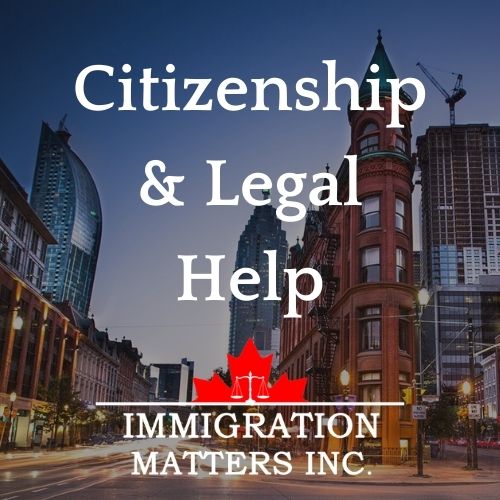
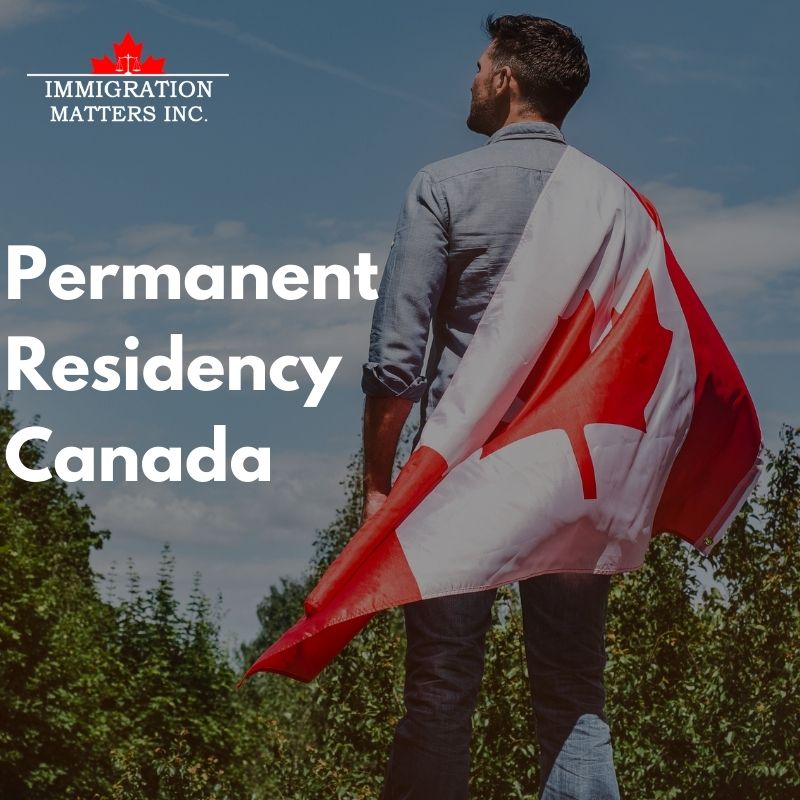
People who would not normally be eligible to become permanent residents of Canada may be able to apply on humanitarian and compassionate grounds. Humanitarian and compassionate grounds apply to people with exceptional cases. There is no guarantee that your application will be approved. If refused, in certain cases asking the Federal Court of Canada to review the decision is advisable. Many in-land H&C applications are based on a significant degree on economic and cultural establishment in Canada. You can use this application if you are in Canada, and would suffer excessive hardship if you had to return to your home country to apply. Cost or inconvenience are not considered excessive hardship.
Factors we look at include:
- How settled the person is in Canada
- General family ties to Canada
- The best interests of any children involved, and
- What could happen to you if we do not grant the request?
Other rules that apply to humanitarian and compassionate grounds:
- You may only ask for humanitarian and compassionate grounds if you are applying for permanent resident status in Canada, or for a permanent resident visa abroad. We will not look at H&C requests from temporary resident applicants.
- You cannot have more than one humanitarian and compassionate grounds application at the same time.
- We will not assess risk factors such as persecution, risk to life, cruel and unusual treatment or punishment.
- You cannot apply for humanitarian and compassionate grounds if you have a pending refugee claim. If you want to apply, you must withdraw your refugee claim before your Immigration and Refugee Board of Canada (IRB) hearing.
- You cannot apply for humanitarian and compassionate grounds if you had a negative decision from the IRB within the last 12 months. This is called the “one year bar.”
Immigration Legislation also cites a statutory obligation to take into consideration the best interests of the child when examining and deciding the circumstances of a foreign national making an H&C Application. This is one of the strongest factors that can be argued under H&C applications. Please call us to get more information on your case.
Please, don’t hesitate to contact us for more information about the business Immigration application process. When it comes to your Permanent Resident application, we’re here to guide you every step of the way.



